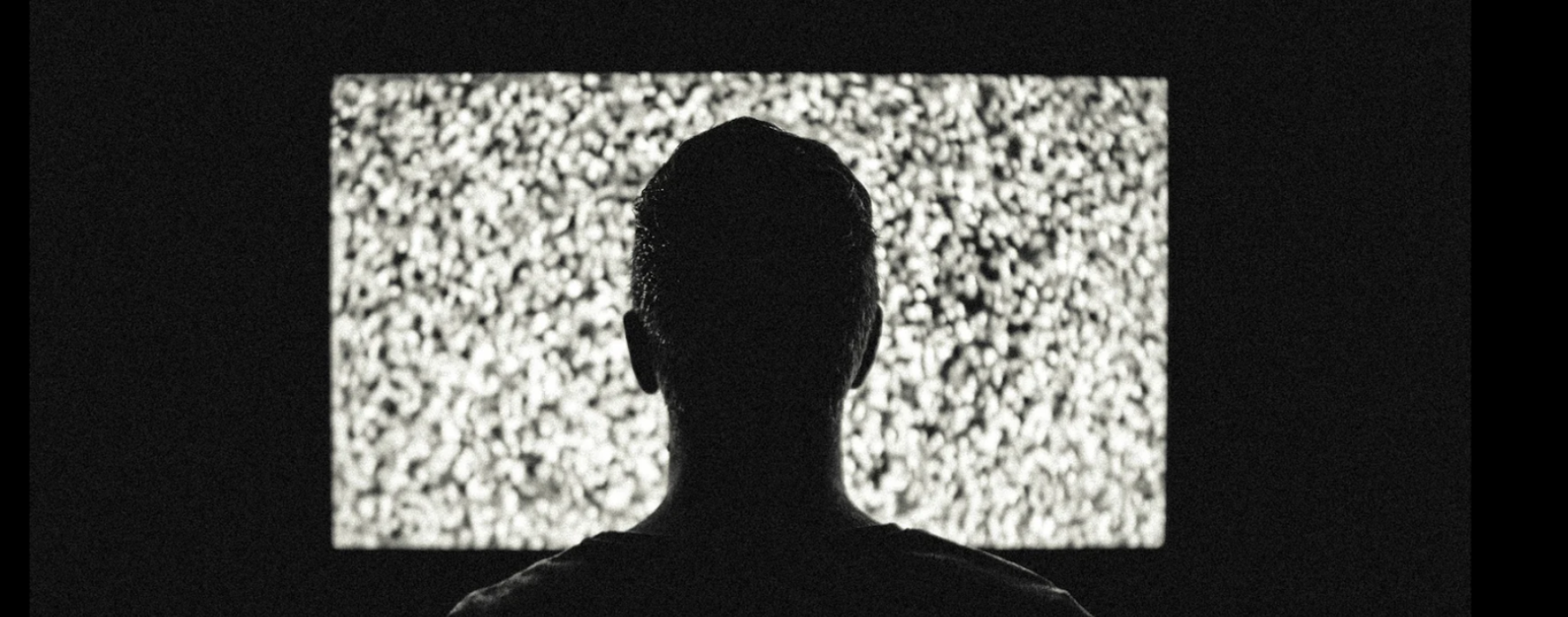The Age of Reboots: Transformation of Original Media
Rayiah Ross's take on how even though society hates reboots you cannot help but chase that nostalgia you felt with the original.

When “Bel-Air” hit streaming service Peacock as a gritty, dramatic new series, longtime fans of “The Fresh Prince of Bel-Air” were both confused and intrigued. The original 1990s show was viewed as a good-natured sitcom with a mostly comedic element and mists of deep plotlines. As the famous theme song explains, Will Smith is a street-smart teenager, born and raised in West Philadelphia. While he’s playing basketball he gets into a fight with some nearby kids, which upsets his mother, causing her to send her son to live with his aunt and uncle in the town of Bel-Air, Los Angeles. He flies from Philadelphia to Los Angeles with a one-way ticket in first class. Soon, Will is attending a new elite private school with rich family and friends, as he tries to navigate a life that is so different from what he grew up knowing.
The 2022 “Bel-Air” takes the characters that we all know and love and adds a more modern spin on things. This new Uncle Phil is younger and cooler compared to the old and strict version that existed in the ’90s. Geoffrey, who was originally a butler in “Fresh Prince,” calls himself more of a house manager. Carlton is now a much more serious character who is battling anxiety and drug addiction, acting as more of a villain in the newer series than an annoying nerd. Finally, Hillary is transformed into an influencer who is much less self-involved and much more interested in fighting racism online.
Overall, with the new look of the characters that were so dear to our hearts, the 2022 “Bel-Air” is able to play much more into the culturally significant journey that Will takes from the streets of West Philadelphia to the gated mansions of Bel-Air. There’s a huge tonal shift in the urgency of Will’s situation as he grapples with elitism, racism, and class conflict between wealthy Black people and their working-class counterparts.
With a re-imagining this expansive, the creators of “Bel-Air” had to balance being faithful to the source material and creating a new legacy of their own. This is a common standing for most reboots made in this day and age. Most viewers that turn to reboots long for simpler times or nostalgic childhood throwbacks, but many of those original shows and movies were made at a time when producers and top-billed actors were mostly straight, white men. Because of that, those simpler times are mostly rooted in inequality for marginalized groups in front of and behind the camera.
Successful reboots find the happy medium between sentimentality and existing within the social environment we live in now. The functionality involved in the need for showrunners to put a progressive foot forward had been debated by viewers and critics for years, but the truth is it’s more successful than ever. Just last year we’ve had reboots for Cruella, He’s All That, Guilty, The Many Saints of Newark, And Just Like That..., Dune, West Side Story, Home Alone, Grease, Candyman“Gossip Girl,” “Will & Grace,” “Oliver Twist,” and “How I Met Your Mother.” According to International Institute for Management Development, to date, forty-one of the fifty highest-grossing movies of all time are either a sequel, reboot, or remake. Of the twenty-nine films that have grossed over $1 billion, twenty-three of them are sequels, remakes, or reboots.
Reboots are an opportunity to remake an old story and tell it in a new way for a new audience. With this comes topics that original productions couldn’t fathom writing about, integration of newer technology, and incorporation of Gen Z slang. Obviously, this doesn’t always hit the mark with younger audiences that don’t agree with how producers portray societal issues and Gen Z representation in the digital age, but reboots persist nonetheless. When He’s All That came out in 2021, faithful fans of 1999 She’s All That were disappointed in the modernized changes to the film. It had a new and emphasized focus on influencer status instead of high school popularity, celebrity and influencer cameos instead of trained actors, and a fixation on technology and TikTok dances instead of the original plot.
Despite all of He’s All That criticisms, Netflix explained that the film was watched by more than fifty-five million households in the first month of release and it reached #1 on the company's chart “in 78 countries, including Brazil, France, and Saudi Arabia.” The reason for the popularity of reboots like He’s All That and “Bel-Air” rely less on expecting something better (or even new!) and more on enjoying the ride as you watch how new producers and actors give their own shot at a show that means something different to everyone.
So yeah, it’s totally acceptable to rip reboots to shreds when they take the spot of serious TV shows that probably are way better, but it’s important to note that no matter how bad the reboot is, a part of you was excited to sit down and give it a watch. There’s a place for bad media like this to exist in society. And who knows, maybe the next reboot will surprise you. Maybe the next reboot will be the best one of them all, and it’ll inspire the next generation of filmmakers. Maybe the next reboot will be even better than the original. Or maybe not, but it’ll be fun watching anyways.
Rayiah Ross is staff writer and social media editor for Marymount’s student run newspaper, The Monitor, and she is interested in freelance writing in culture criticism and entertainment news.
